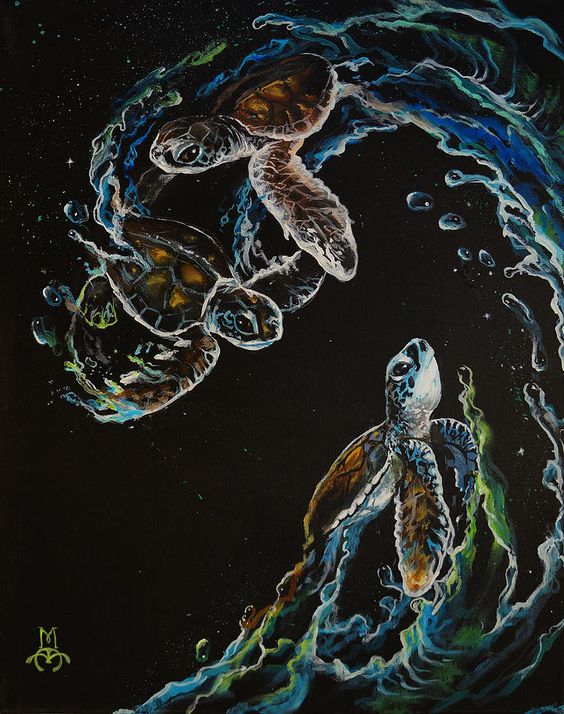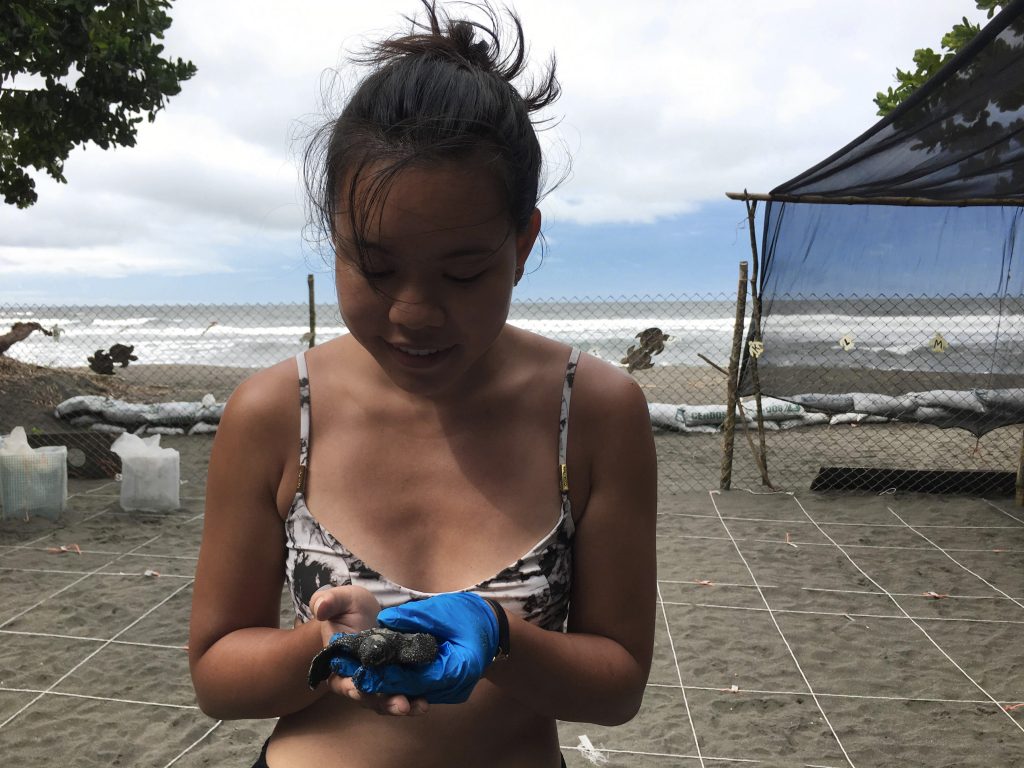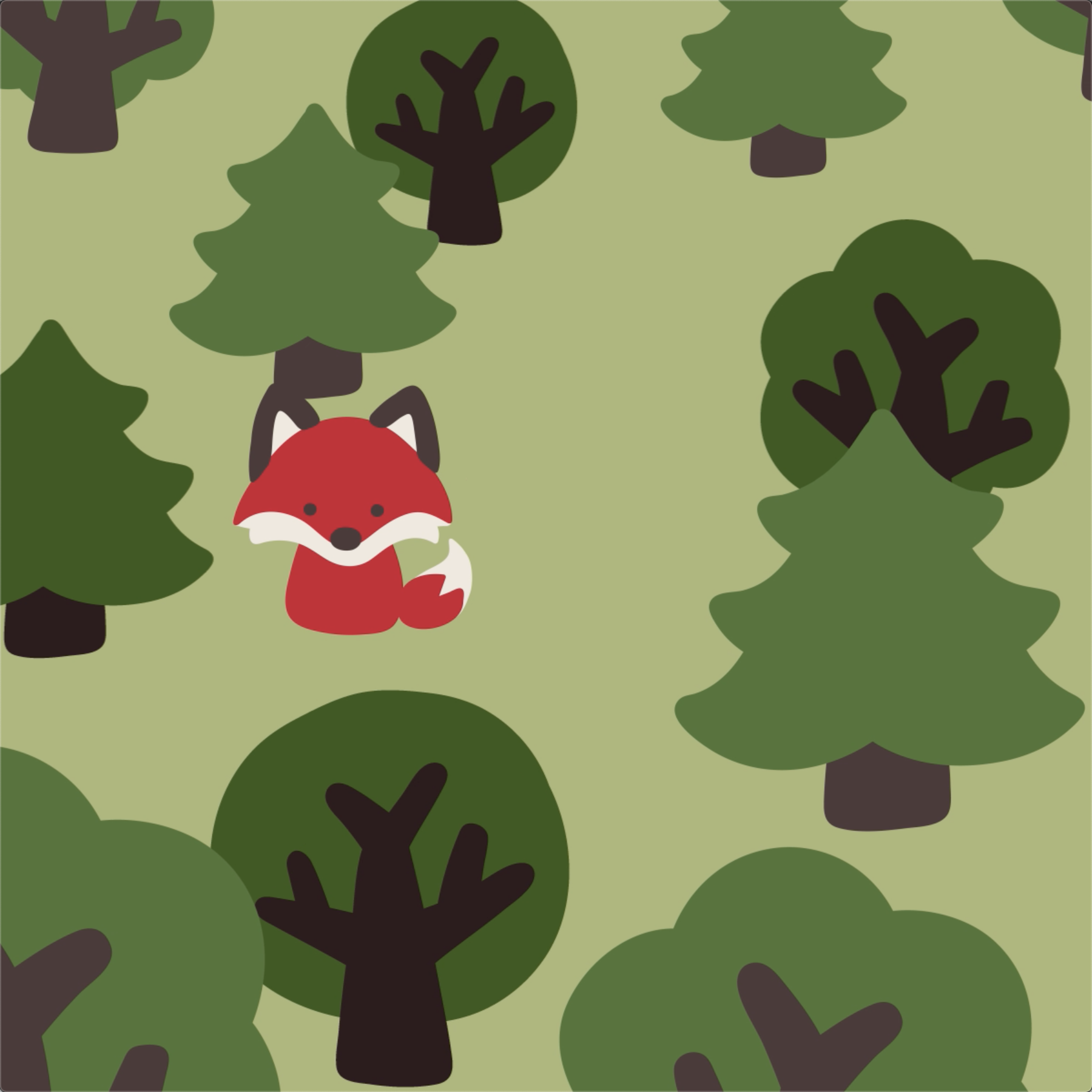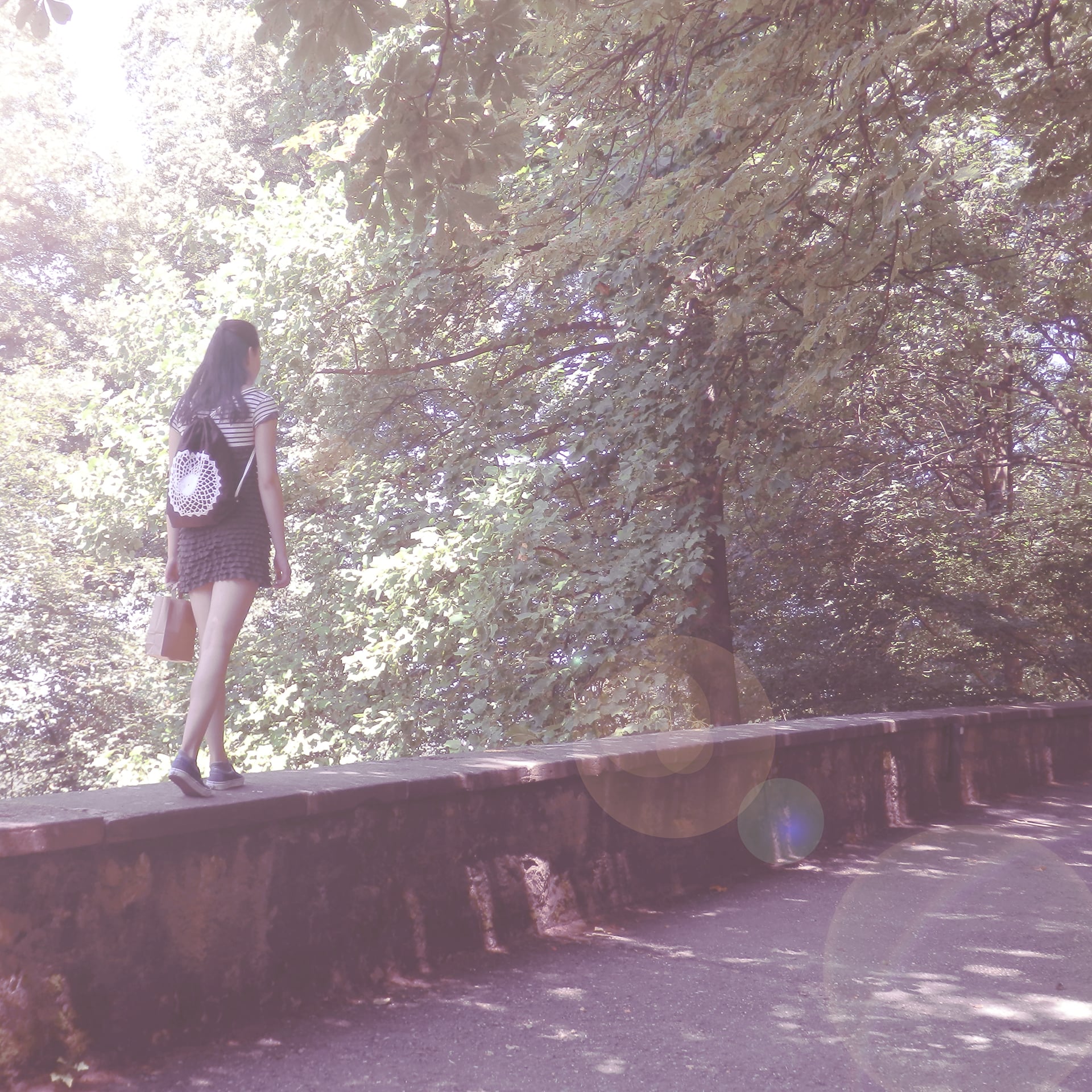
It is not a secret that sea turtles are one of the oldest and most fascinating creatures that you can encounter on earth to this very day. Sadly, it is not a secret either that this might not be the case for much longer anymore. In fact, six out of seven sea turtle species are considered threatened or endangered. With turtles being my favourite animals, I’ve volunteered last summer on the Caribbean coast of Costa Rica with La Feliz Tortuga who are working in partnership with LAST (Latin American Sea Turtles). Next to enjoying being disconnected from the world for a little while, reading books in the hammocks, doing some beach yoga and trying to not get knocked over by strong waves when swimming in the ocean, we would do our best to protect these magnificent ocean creatures. In honour of World Turtle Day today, I am sharing a big realisation that this experience has taught me: us humans are most definitely the worst culprits on this planet.

Firstly, poachers are a huge direct threat to turtles. Poaching has been practised for an incredibly long time and describes people who are making their living from selling turtle eggs and meat. Although unlawful, for some people, it is known to be the only source of income for generations. Simply telling those people that it is ‘bad’ to do so, will not encourage any change. In some cases, the problem might be lacking awareness, in other cases, it is lacking understanding. And it is comprehensible – poachers are just people that are trying to make enough money to survive and feed their families with whatever resources they encounter. Nevertheless, letting this practice continue is not an option. Fortunately, a number of ex-poachers have been given an alternative way of living and making money by working as guides at LAST. Instead of finding the mother turtle and selling her eggs and meat, they are now helping to protect two generations of turtles. Same mission, different outcome.

Secondly, we have developed to become a throwaway society. And by doing so, we are constantly polluting the ocean and beaches. Everything is now focused on convenience and efficiency. Be it picking up a bottle of water in the supermarket, buying individually wrapped snacks, eating ready-made meals or enjoying coffee in to-go cups. We are able to move around at a quick rate while polluting the environment at an even quicker rate. The amount of trash we are producing is horrifying – it is estimated that the amount of global waste will be rising to 2.2 billion tonnes by 2025. Of course, everyone has heard of this problem. But until you see it with your own eyes and are out on the beach picking up bags and bags of trash in the burning sun, you do not really grasp its meaning. Everything we buy today is wrapped in packaging and hardly any of it can be recycled or composted. The worst one must be single-use plastic – the thin plastic you can find wrapped around pretty much everything, from vegetables, books to snacks. None of it can be recycled. And those thin and clear plastic bags you can pick up in the grocery stores to put your vegetables in? They look shockingly similar to jellyfish when filled with water. Not only to us but also to turtles who will eat them without thinking twice. Apart from it not being the most nutritional meal it can actually cause serious harm and hinder mothers from laying eggs as the plastic bag may clog their cloaca.

Thirdly, the fishing industry is causing accidents, injuries and even death to millions of sea turtles. It is not uncommon for turtles to be attracted to bait and get caught on the hooks or drown when getting trapped in huge fishing nets. Sea turtles are reptiles, so although they live in the water, they are required to come to the surface to breathe. Although there are special nets with escape openings for turtles and hooks that are designed to not be harmful to turtles, the number of turtle bycatch still needs to be drastically reduced. Supporting vegetarianism or at least sustainable fishing will hopefully further stop overharvesting fish species and be gentler on the environment and other animals.

These are just some examples of how we are influencing the lives of sea turtles in our day to day lives. It might feel very far away, but actually, our impact has a big reach, no matter where we are in the world. And ultimately, we need to save ourselves and our society in order to not only save sea turtles but really our entire world. It requires compassion and support to end terrible practices and changes and preparation in our consumption and way of living for a collective change. That’s why a definition of “sustainability” always includes a “social side”. And all of it really does matter. Because even the tiniest action has an impact on the world. So, in order to save sea turtles or, as a matter of fact, our earth, you don’t have to be a scientist. You just need the will to listen, the awareness of problems and the drive to help. No other experience required.


